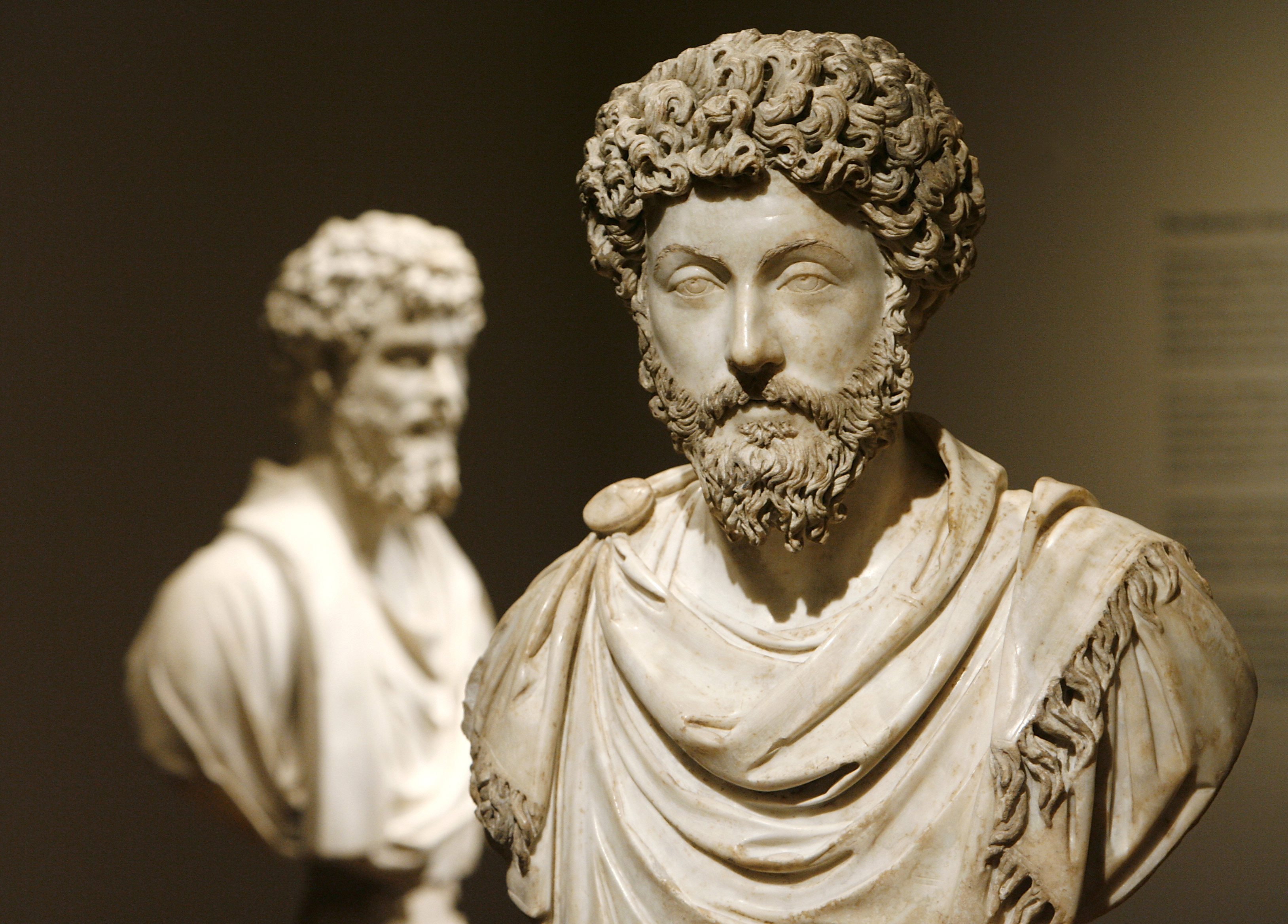After reading a bit about Stoicism, I’ve realized that I already use their concept of ‘maxims’ to some extent. I’ve decided to add a new category of post dedicated solely to stating maxims and providing a brief explanation on how I decided on it. This maxim has been revised since my original posting of it to expand it’s applicability and to avoid too much overlap between subsequent maxims.
My first maxim is: “Focus only on things that are within your control.”
The basis behind this maxim is simple – looking at a global, or even universal scale; there are infinitely many things that could occur. Of those things that could occur, only a tiny fraction of them can directly affect you. Beyond that even; of the things that can directly affect you – only some of those things are within your control.

Think of it like an ocean. The ocean in its entirety represents all possible outcomes. In the vast ocean, there are many islands. One island in particular represents the things that can affect you. On that island, there is a house. The house represents the things that affect you that are within your control. Those are the things that you should focus on, and you should let go of the rest. I’ll try to provide a few examples to elaborate on what I mean here:
- Important: Your emotions both (1) affect you, and (2) are within your control. There is no such thing as “She made me angry!” or “That movie ending made me so happy!” – it is the chemical reactions that go on within your own body that cause you to feel the emotions, and as such you are ultimately in control of them. Maintaining a neutral, relaxed emotional state is ideal – especially when decision-making.
- Lets say that something that concerns me is climate change. It’s clear that some climate change is caused by humans, and some climate change is beyond the control of humans with our current capabilities. With my current level of political influence, it is unrealistic to think that I can forcefully make everyone drive fuel-efficient cars. I cannot control other people’s actions. Instead, I can do some things that are within my control, such as switching my house to wind energy, personally driving a fuel efficient car, and lobbying some local politicians to try and get some favorable legislation in the works.
- Lets say that something that concerns me is privacy. There are many ways that a person’s privacy can be violated on a daily basis, such as CCTV cameras, Facebook, Google, Invasive ISPs, Government Surveillance, Advertisements, Trackers, etc. Some of these things can be controlled / limited on a personal level, but you can’t control what your friends/family/acquaintances do with your personal information.
- For example, you may give someone your phone number – and they put it in their phone under your name. Now, the Facebook application on their phone has access to their contacts list, and Facebook is able to link your name with that phone number. Instead of trying to control other people’s actions, focus on what you can control – your own actions. You can use things like sunglasses and hats to obscure yourself from CCTV cameras. You can delete your accounts entirely from Facebook and Google. You can use VPNs and Tor to subvert invasive ISPs and possibly Government Surveillance. You can use specialized DNS servers and browser extensions to block advertisements and trackers. Beyond that, you can try to educate and assist your friends/family/acquaintances in getting set up with more privacy based on their own personal desires.
The most difficult part about this maxim seems to be recognizing when you’re ruminating over something that’s beyond your control. This ability will come and improve with time, meditation, and practice. Whenever you find yourself being overwhelmed, try writing it down and categorizing it into things that you can control, and things that you can’t; in a similar fashion to the examples I provided above.

Leave a Reply